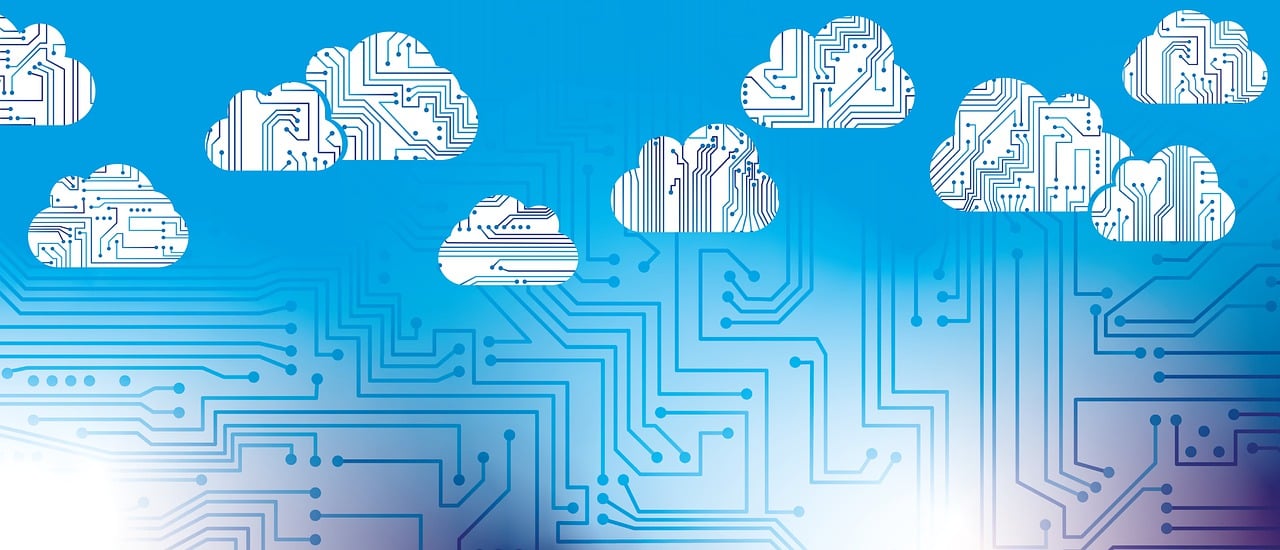Products
Use cases
Industries
Resources
Company

Cloud-based eDiscovery gives legal teams across EMEA the speed, scale, and flexibility to manage investigations and litigation in a cost-effective, secure way. But multi-tenant environments introduce serious concerns around compliance, data residency, and client confidentiality.
One country's best practice can be another's violation. Legal teams working across borders are constantly walking a line: trying to move faster while staying in control of highly sensitive data.
Managing that risk while still benefiting from the power of the cloud requires the right combination of technology, architecture, and strategy. This article breaks down how to get there and what to watch out for.
eDiscovery refers to how legal teams collect, review, and analyze electronic information during litigation or investigations. In the cloud, eDiscovery moves away from on-premises servers to SaaS or multi-tenant legal software. This means that multiple organizations can share the same platform while keeping their data isolated.
In EMEA, this model matters a lot. Legal teams must work across borders where regulations vary, yet they still need speed and collaboration.
Cloud-based eDiscovery solutions give them the flexibility to work in multiple countries while maintaining compliance. The ability to scale up or down as matters grow or shrink makes this model highly practical for organizations of all sizes.
Legal teams in EMEA gain several advantages by choosing cloud over traditional on-premises systems. The most obvious benefit tends to be scalability, but cost efficiency and accessibility are equally valuable.
Data volumes in investigations often spike without warning. Cloud infrastructure lets teams expand storage and processing almost instantly. This is very important in EMEA, where cross-border matters often involve millions of files.
Pay-as-you-go pricing models allow legal teams to spend only on what they use. In other words, they avoid the large upfront investments that on-premises setups usually demand. Over time, this flexibility results in significant savings.
Cloud-based platforms remove the need for on-premises servers and maintenance. With eDiscovery hosting, legal teams can shift infrastructure responsibility to the provider, lowering operational costs and freeing internal teams to focus on case strategy.
Teams spread across London, Frankfurt, and Dubai can access the same platform without delay. Centralized access reduces downtime and makes remote collaboration seamless.
Cloud platforms usually come with AI and visual analytics for faster review. Predictive coding, smart clustering, and improved search features speed up review cycles. The best ediscovery software also reduces the risk of human error, which tends to be common in manual review.
Adopting the cloud in EMEA is not without issues. Data privacy laws, security, and operational alignment all create barriers.
Many legal teams face data residency challenges EMEA-wide. Some regulators require that personal data stay within country borders. Multi-tenant data management must account for these requirements, or risk penalties.
Any GDPR compliant ediscovery platform needs to enforce strict rules for collection, storage, and access. Local data protection laws in France, Germany, and the Middle East can be even stricter. Cloud legal compliance is a daily concern, not just a checkbox.
Data security challenges are amplified when tenants share infrastructure. Providers must prove that encryption, authentication, and access control work flawlessly. Strong cloud security legal tech is expected, not optional.
Platforms must align with how legal teams already work. Integrating with Microsoft 365 or other corporate systems is necessary for ediscovery for corporations that depend on fast turnaround.
Legal teams need strategies that balance compliance with efficiency. Not every solution fits every case, so the right approach often mixes technology with strong oversight.
Teams should vet providers for certifications like ISO 27001 or SOC 2. This step ensures that the platform meets baseline security standards.
Platforms must offer geo-specific storage, so data stays where regulators demand. This reduces risk during audits.
Audit trails and clear service level agreements help teams track compliance. Transparent reporting makes regulators more confident in the process.
Multi-tenant legal software saves costs, yet some matters call for more control. Hybrid ediscovery models allow sensitive data to stay on-premises while using cloud for less critical work.
Yes. Providers must use encryption, strict tenant isolation, and detailed access controls. Firms should also request third-party audit reports to validate these protections.
GDPR sets clear rules for how personal data is stored and processed. Multi-tenant solutions must offer features like regional data storage and transparent deletion tools to remain compliant.
Yes. Legal teams need to confirm the platform allows data segregation by geography. At the same time, centralized oversight keeps global matters manageable.
AI speeds compliance tasks by flagging sensitive information. Automated redactions, faster review cycles, and transparent audit logs all reduce human error.
Yes. Hybrid setups are popular for investigations that mix sensitive and general information. Organizations keep sensitive files local but use cloud for scale and speed.
The best provider has experience across jurisdictions and offers clear compliance support. Look for proven expertise in ediscovery investigations EMEA and strong references from corporations with similar needs.
Cloud-based eDiscovery offers legal teams in EMEA a faster, smarter way to manage investigations and disputes. When built around strong compliance, security, and tenant isolation practices, the right solution can support both local requirements and cross-border matters.
Reveal is built specifically for global, high-stakes legal work. Our AI-powered platform supports early case assessment, redaction, and region-specific data controls; available in cloud, hybrid, or air-gapped setups. Our clients choose us for unmatched speed to insight, multilingual support, and flexible deployment options.
Request a demo today and see how Reveal can help you modernize your eDiscovery workflows without compromise.